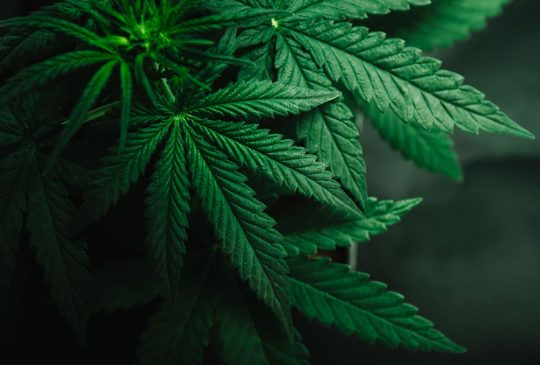Labat Healthcare / Hemp Processing Plant
Labat Processing’s objective is to support emerging farmers with value-added services such as a decorticating processing plant, in order to ensure significant value is added to the farmers’ produce. There local and international market for hemp stalks is fairly small, while there is a thriving global market for hemp fibre and hurds. Labat will extract the Cannabidiol (CBD) oil for internal use and the remaining fibre and hurds will be returned to the farmer for value-added sales to the plastics and textile industry.
The hurds and fibre can be sold to the plastic and textile industries at significantly higher prices. Here too, Labat Hemp Plastics will be the ideal sustainable end-customer for the farmers. Hemp Cannabis is set to shape a unique South African solution to wealth creation for the country’s previously disadvantaged, particularly small-scale farmers. Hemp is not marijuana. Although hemp does contain some cannabinoids, it has negligible amounts of tetrahydrocannabinol (THC).
In order to be legally cultivated, hemp must contain less than 0.3% THC. Hemp is generally regarded as an agricultural commodity and is produced in over forty countries world-wide. Industrial Hemp farming is the future crop of choice for emerging Black farmers, as hemp provides far higher yields-per-hectare at farmer level than traditional crops, such as wheat. Hemp yield per hectare at farmer level equates to: stalk and seed approximately 12 tons per hectare (or R80 000 per hectare) and 15kg CBD oil present in the stalk, flower and leaves (R150 000 per hectare). Total revenue can be as high as R230 000 per hectare and with an average profit of about R45 000 per hectare. An average yield-per-hectare for wheat is 5 tons – at a current net wheat price of R3,800, this equates to R19 000 per hectare revenue, with an average profit is about R6500.
Industrial hemp is grown primarily for its stalks, seeds and leaves, and contributes to more than 25000 distinct products within 9 niche sub-markets, as follows:
- Agriculture & textile,
- Recycling & automotive,
- Furniture & food/nutrition/beverage,
- Paper, construction and cosmetics.
One of the global leading importers of hemp is the United States (US), with the bulk of supply originating in China. The import tariff war between the two countries presents a significant opportunity for South Africa to become an alternative source of supply to the US. The Chinese production model is based on deregulated, small-scale production through acooperative model, which could easily be replicated in South Africa. Hemp farming will provide direct employment of 3 workers per hectare in South Africa.
The use of biocomposites is projected to rise rapidly, particularly in the motor vehicle manufacturing industry, and hemp could readily be utilised for this purpose. It is also used as a more natural alternative to glass fibre, generically referred to as fibreglass. Hemp seed oil also has medicinal value, as it contains the perfect balance of omega-3 and -6 oils and is one of the few vegetable sources of these essential fatty acids.



